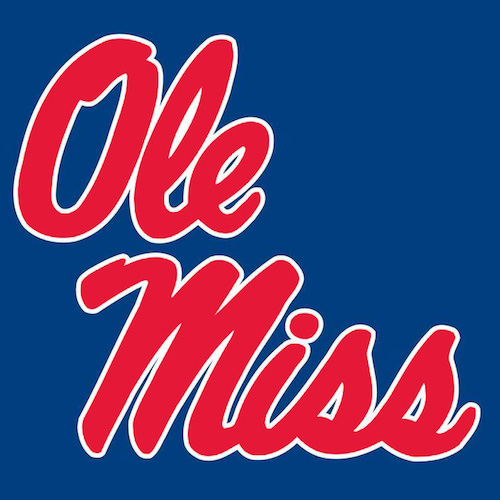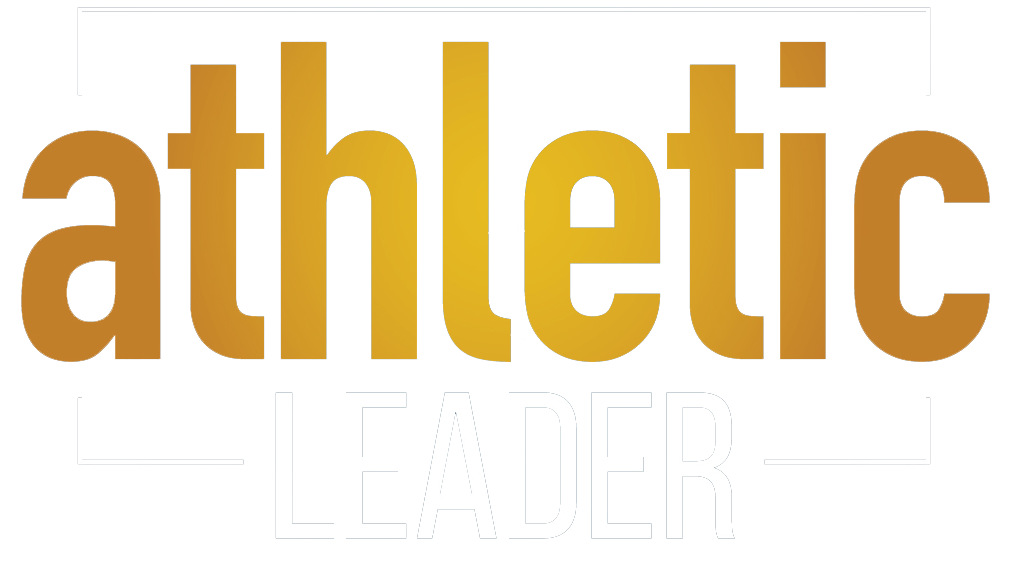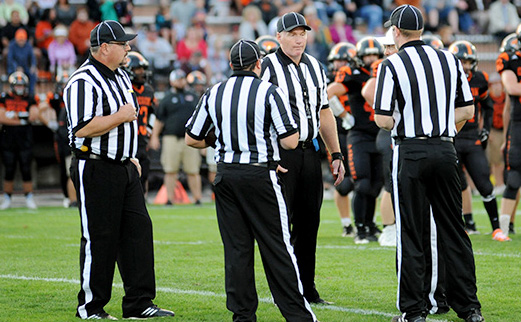Univ. of Mississippi Athletic Training Program Starts Concussion Education Class
Heather Shirley, assistant professor and director of the Master of Science in Athletic Training program, is working with students in the program to deliver an education module on concussions. This program was developed to better inform athletes, physically active individuals and others about the signs and symptoms of concussion.
 This module, along with a new concussion policy, is being applied with students participating in sport clubs through the Department of Campus Recreation. Both the education module and concussion policy have been taught to students in the master’s program, who are then responsible for delivering the information to the sport club safety officers and monitors this fall as one component of their responsibilities to ensure recreation athletes’ safety.
This module, along with a new concussion policy, is being applied with students participating in sport clubs through the Department of Campus Recreation. Both the education module and concussion policy have been taught to students in the master’s program, who are then responsible for delivering the information to the sport club safety officers and monitors this fall as one component of their responsibilities to ensure recreation athletes’ safety.
“Once they finish their degree and take the certification exam, these students will be certified athletic trainers,” Shirley said. “Practicing concussion awareness and being able to recognize the signs and symptoms is something they are going to have to be able to do.
“We are just trying to expose them to practicing this more and get them involved early in implementing programs and policies like this.”
As another aspect of the program, sport club athletes are being given baseline concussion testing, using the immediate post-concussion assessment and cognitive testing tool, through the university’s Center for Health and Sports Performance. The students watch a video designed to deliver the concussion education module and complete a pre-survey before they participate in an activity.
After the activity, they complete a post-survey that helps Shirley and her team evaluate the success and effectiveness of the program.
“Concussions are, unfortunately, a common occurrence in sports and especially prevalent in contact sports,” said Byron Watts, an athletic training student from Fort Hood, Texas. “As a trainer, it is important to be prepared for any sport since we could potentially end up anywhere. I believe a lot of what I have learned from Heather can be translated into my work in the future.
“I have learned a lot about the mechanisms of injury when experiencing a concussion where they can occur from multiple small impacts or one large impact.”
Brain injuries can be classified as a coup, affecting the part of the brain directly underneath where an impact occurs, or contrecoup, where a blow causes the brain to strike the skull on the side opposite the impact, he explained.
“I have also taken an appreciation to why it is so important to properly advance an athlete through the concussion protocol without rushing them,” Watts said. “Concussions affect everyone differently and with it being an injury to the brain, it is imperative that it be treated correctly.”
At the end of the sports season, Shirley and her colleagues plan to conduct more evaluation, using a post-season survey, to gauge the overall change the program has made on concussion education and reporting of injury.
The University of Mississippi Medical Center is involved mainly from a research design standpoint. Faculty will be assisting with some of the data analysis once the project has completed its final phase.
Shirley is working with co-investigators Melinda Valliant, chair of the Mississippi Department of Nutrition and Hospitality Management; Jennifer Reneker, assistant dean of scholarly innovation and associate professor of population health sciences at UMMC; Courtney Kinder, graduate assistant athletics trainer in Campus Recreation; Marshall Crowther, physician at Student Health Services and medical director for the Ole Miss Department of Intercollegiate Athletics; and Alex Langhart, director of Student Health Services, in the future management of these types of injuries.
For more information about the master’s program in athletic training at the University of Mississippi, visit https://sas.olemiss.edu/MSAT/. Written by the University of Mississippi’s Lauren Lucas.







